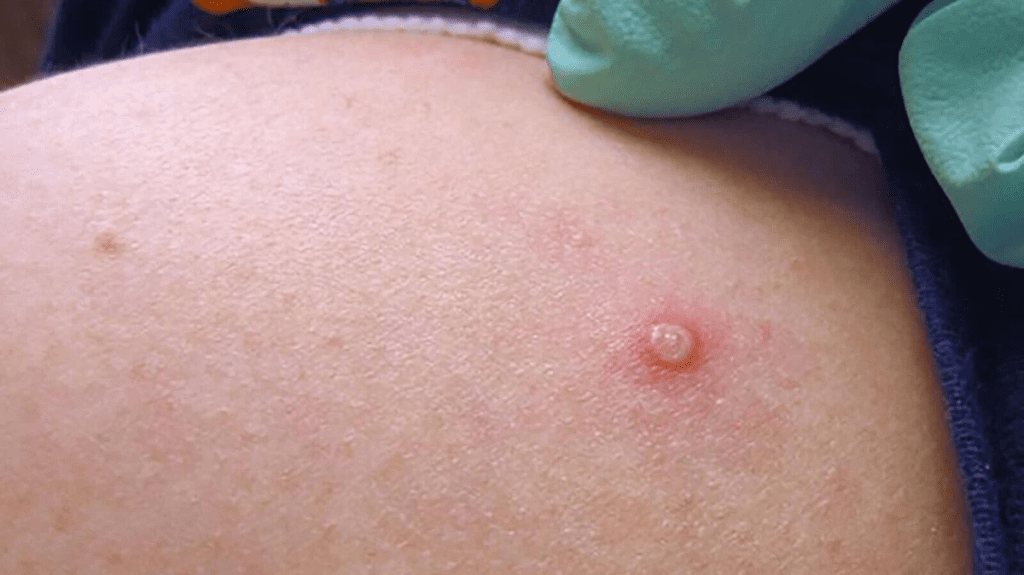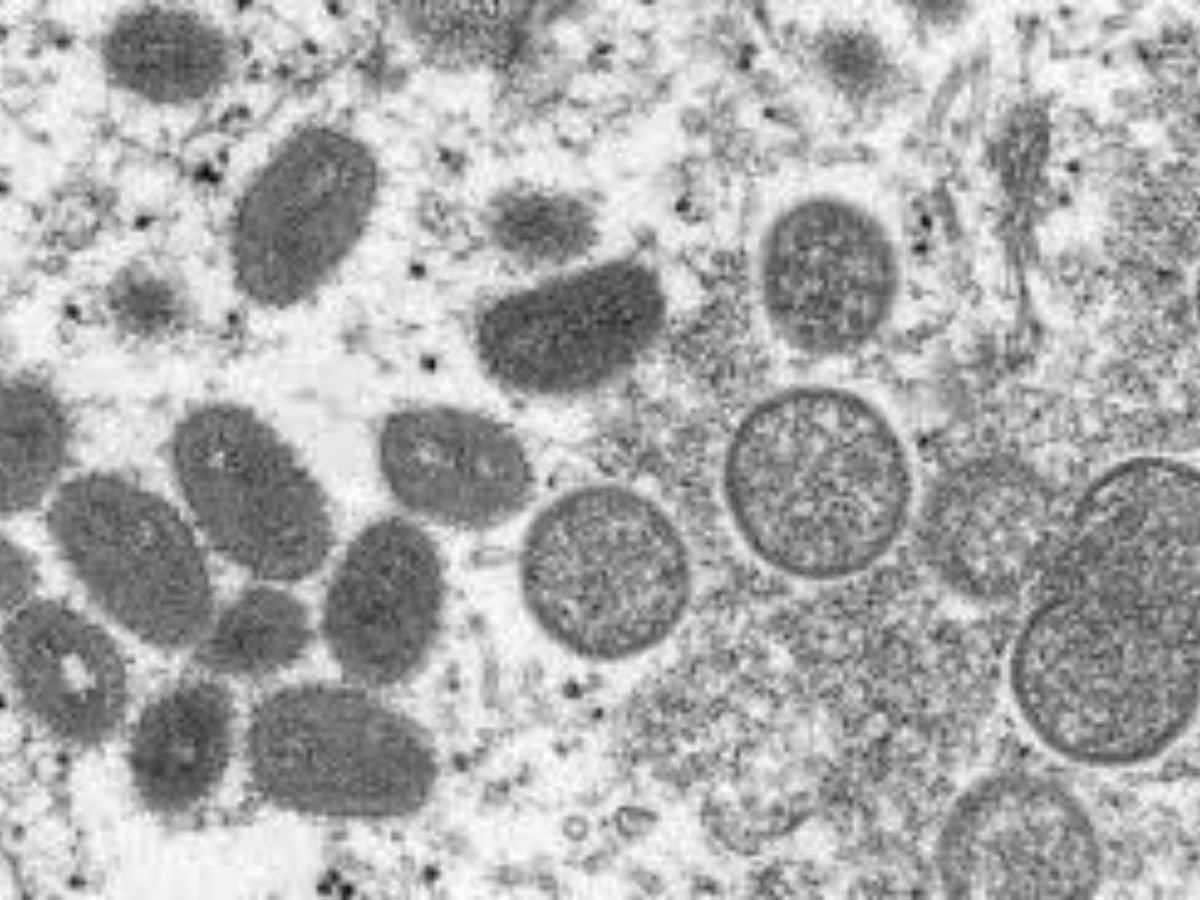On Saturday, state health officials in Missouri and Indiana reported the first suspected cases of monkeypox.
As of Friday, the Centers for Disease Control and Prevention (CDC) had reported monkeypox cases in 20 other states and Washington, D.C., while health officials continue to emphasise that the danger to the public is still minimal.
Following initial testing, both states forwarded samples to the CDC for confirmation testing. Most states have tested for orthopoxvirus, the virus family to which monkeypox belongs.
“This week, one of our wonderful nurses suspected one of our patients had monkeypox virus,” Marvia Jones, head of the Kansas City Health Department, explained. “Until we obtain definitive confirmation from the CDC labs, we are treating this as a possible case of monkeypox virus.” We applaud the work done by our disease investigation and nursing personnel to educate themselves on this unusual virus and be on the lookout for it.”

Jones stated that the Missouri patient did not require hospitalisation, and that health officials are informing anybody who may be at risk of exposure.
In Indiana, health officials said they were undertaking contact tracing as well, and the patient was still isolated.
Monkeypox is spread through direct contact with an infected animal or person, most commonly through lesions, bodily fluids, contaminated items, and respiratory droplets. These drops can only travel a few feet and require lengthy contact to transmit.
Patients typically show with symptoms one to two weeks after infection, including fever, headache, muscle pains, chills, and tiredness. According to doctors, monkeypox causes enlargement of the lymph nodes at first, which distinguishes the virus from other, similar infections.








































